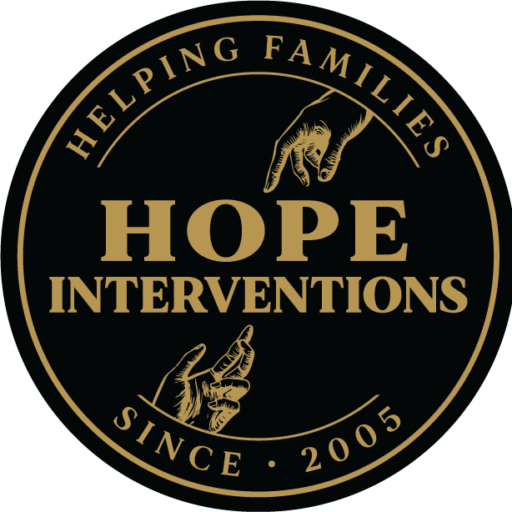Addiction recovery is a journey that involves multiple stages, each with its unique challenges and milestones. Understanding these stages can help individuals and their families navigate the recovery process with greater confidence and compassion. At Hope Interventions, we believe that awareness and education are crucial components of successful recovery. Here, we outline the stages of addiction recovery to provide a roadmap for those embarking on this life-changing journey.
Pre-contemplation: Recognizing the Problem
In the pre-contemplation stage, individuals struggling with addiction often do not recognize that they have a problem. They may be in denial or unaware of the negative impact their substance use has on their lives and the lives of those around them. Key characteristics of this stage include:
Denial: Believing that substance use is not a problem.
Minimization: Downplaying the consequences of their addiction.
Resistance: Refusing to acknowledge the need for change.
Support Tips:
Approach conversations with empathy and without judgment.
Provide information and resources about addiction and its effects.
Encourage self-reflection and awareness.
Contemplation: Considering Change
During the contemplation stage, individuals begin to acknowledge that they have a problem and start to consider the possibility of change. They may weigh the pros and cons of continuing their substance use versus seeking help. This stage is characterized by:
Ambivalence: Feeling torn between the desire to change and the comfort of familiar habits.
Awareness: Recognizing the negative impact of addiction on their life.
Introspection: Reflecting on their behavior and its consequences.
Support Tips:
Offer encouragement and support for their willingness to consider change.
Discuss the benefits of recovery and a healthier lifestyle.
Help them explore their fears and concerns about the recovery process.
Preparation: Planning for Change
In the preparation stage, individuals have made the decision to change and are preparing to take action. They may start to set goals, gather information, and develop a plan for recovery. Key aspects of this stage include:
Commitment: Making a firm decision to seek help.
Planning: Developing a strategy for quitting substance use.
Gathering Resources: Seeking support from professionals, friends, and family.
Support Tips:
Assist in creating a detailed and realistic recovery plan.
Provide information about treatment options and support groups.
Encourage them to set achievable and meaningful goals.
Action: Implementing the Plan
The action stage involves actively working towards recovery by implementing the plans and strategies developed in the preparation stage. This may include entering a treatment program, attending support groups, and making lifestyle changes. Characteristics of this stage include:
Behavioral Change: Actively altering habits and routines related to substance use.
Support Seeking: Engaging with therapy, counseling, and support networks.
Positive Reinforcement: Recognizing and celebrating small victories and progress.
Support Tips:
Offer continuous encouragement and positive reinforcement.
Help them stay accountable to their recovery goals.
Provide practical support, such as transportation to meetings or assistance with daily tasks.
Maintenance: Sustaining Recovery
In the maintenance stage, individuals work to sustain their recovery and prevent relapse. This stage requires ongoing effort and commitment to the new lifestyle changes. Key aspects include:
Long-Term Strategies: Developing coping mechanisms to handle triggers and stress.
Continued Support: Staying connected with support groups and therapy.
Self-Care: Prioritizing physical, emotional, and mental well-being.
Support Tips:
Encourage ongoing participation in support groups and therapy sessions.
Help them develop and maintain healthy routines and hobbies.
Be vigilant for signs of relapse and offer support without judgment.
Relapse: Learning and Recommitting
Relapse can occur at any stage of recovery and is often considered a part of the journey rather than a failure. It provides an opportunity to learn and strengthen the commitment to sobriety. Characteristics of this stage include:
Setback: Returning to substance use after a period of abstinence.
Reflection: Analyzing the factors that led to the relapse.
Recommitment: Renewing the commitment to recovery with new strategies.
Support Tips:
Approach relapse with compassion and understanding.
Help identify triggers and develop new coping strategies.
Encourage them to view relapse as a learning experience and continue their recovery journey.
Conclusion
Understanding the stages of addiction recovery helps individuals and their families navigate the complex process of overcoming addiction. At Hope Interventions, we are committed to providing the support, resources, and guidance needed at each stage of recovery. Remember, recovery is a journey, and every step forward, no matter how small, is a victory. Stay hopeful, stay committed, and know that you are not alone.
For more information and support, contact us at https://hopeinterventions.com/

